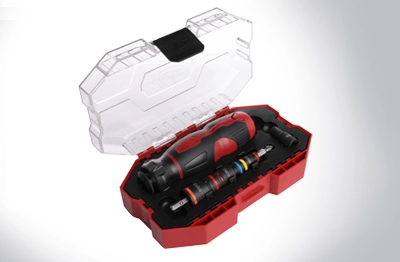It’s time to review your fiscal year-end checklist. Year-end accounting does not necessarily always refer to January through December.
Most small businesses do choose the 12-month period or fiscal year that matches the annual calendar. However, not always, some businesses tailor their calendars to align with busy quarters or busy industry seasons. So, while December might not necessarily correlate with your end fiscal review, no matter your preference, setting the calendar to do a traditional “end-of-year” fiscal review is always a good practice. Set an appointment in November with your financial team to make sure your books, accounts receivable, accounts payable, balance sheets, and inventory reports are all in order as you head into 2023.
Year-End Financial Summaries
Many companies jump from year to year, and if they continue to see an annual profit, they pay little attention to balancing year-end books or creating end-of-year financial reports. Not only is this bad for business, but it can affect a successful sale or transition when you choose to retire. It can also impact taxes, and affect profits, especially if there are errors in accounts payable vs. receivables.
Here are my editor’s tips for getting your year-end accounting in order before tax season.
1. Check All Invoices – Paid and Outstanding
Most financial platforms and reporting software allow you to track invoices, both paid and outstanding. Now is the time to make sure that all your invoices were sent, paid, and paid in full. If there are any outstanding from the past 12 months, try to collect or settle these balances so that they do not carry over into the new year. Correct any errors in invoicing. This also means making sure that invoices match inventory reporting, balance sheets, and amount billed vs. amount paid. If there are outstanding invoices, now is the time to set reminder alerts and schedule invoice follow-ups to go out in December.
2. Expense Reports
Do a cross-check on expense reporting. Are all your expenses recorded? If not, update that report. And if any outstanding expenses require reimbursement --- i.e. reimbursing employees with expense accounts for expenses they paid out of pocket --- set a reminder to settle those amounts by year’s end. This is a very important step that when missed, can greatly impact the deduction amount on your taxes, as well as proof of expenses if you are audited.
3. Vendor Bills Outstanding
In addition to making sure all of your customers pay you, you need to square away any unpaid vendor debts your small business has accrued.
4. Mileage Accounting
Most HVACR companies have software that tracks mileage for field service accounting and business mileage tracking for sales execs. Make sure that this account is up to date. Review all mileage reports, balances on outstanding gas cards, and GPS tracking. Make sure all field service technicians’ mileage has been tracked and accounted for throughout the 12 months. Run reports and crosscheck all to ensure that balance sheets are accurate and that all mileage has been tracked and accounted for on all business vehicles.
5. Pay Vendors
Pay outstanding bills from the previous year. You can’t pay all of them, some will carry over, but crosscheck inventory, vendor, and outside contractor invoices with outstanding bills, reconcile and if there are no errors, pay them. It’s a best practice to go into the new year with as little debt as possible.
Finally, one last tip which may seem obvious --- but contractors have been known to skip the following --- triple-check your bank statements to make sure they match all financial reports for accounts payable. Cross-check what was invoiced, paid, ordered, and expensed to make sure the numbers balance out in case there are errors as in your double-paid, or in the worst-case scenario, theft.
For more in-depth information on staying fiscally fit in HVACR, be sure to read our resident financial expert columnist, Ruth King’s monthly column. She offers invaluable advice monthly, replete with graphs, examples, and intricate checklists. Subscribe and follow her column – it’s like having a front row to a lecture with one of the most respected financial HVAC experts in the industry. To send comments and inquiries please email hlangone@hvacrbusiness.com. And to read more of Ruth King's column, go to www.hvacrbusiness.com/staff/ruth-king






